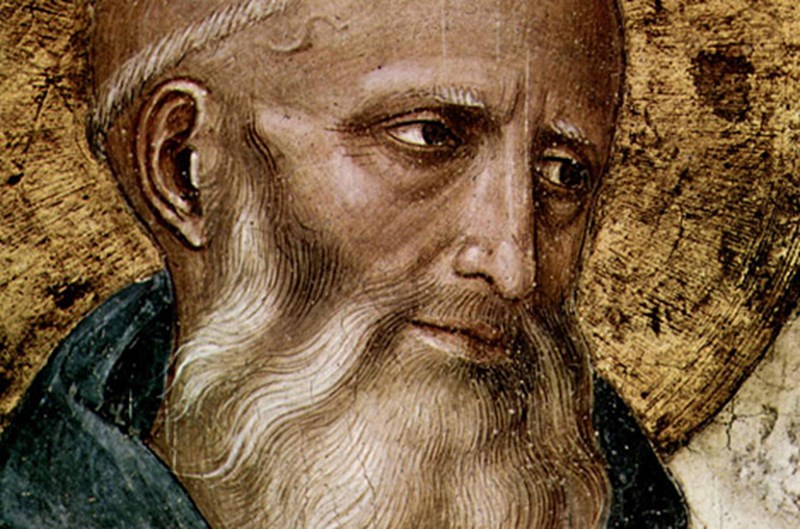The Danger of Perfectionism
Fr. Adrian Burke, OSB
Thursday, May 20, 2021

"The first duty of the consecrated life is to make visible the marvels wrought by God in the frail humanity of those who are called."
Lumen Gentium 44
Today my opening quote is from the Church's "self-definition," a document from Vatican Council II that articulates an up-to-date understanding of what the Church is supposed to be about. If as members of the Church we want to be intentional and deliberate Christians, we have to know what we are "to be about." We must have a goal to strive for, a pattern to imitate, for the sake of being authentic and true to what we claim to be.
The "first duty" of the monk, consecrated to be a special witness to God's kingdom, is to "speak Christ" through his very humanity - his gifts and strengths as well as his weaknesses and shortcomings - in order to "make visible" (realize) God's presence as truly among us "through a life transfigured by the boundless power of the Holy Spirit." This is from Perfectae Caritatis (1), another document from Vatican II about the renewal and updating of religious life.
"Perfectionism" is a danger to authenticity, not to mention one's mental and emotional health! We often reject and judge ourselves and others harshly for any perceived flaw or "imperfection"; we may even disdain emotional or psychic "wounds" that make us feel weak and vulnerable.
This is perhaps the most serious threat to an authentic spiritual life there is. Perfectionism disdains flaws and wounds, real or perceived. It's a bit counter-intuitive, but human beings need weaknesses to power-through, temptations to transcend, and fears to overcome, because without moving out of our comfort zones, where we feel secure, our spiritual powers atrophy from lack of exercise.
In a state of spiritual atrophy, we risk not learning compassion, how to forgive and seek forgiveness, and to love ourselves and others as we are (as God loves us!), thus inhibiting a clear articulation of the power of Christ crucified and risen.
Jesus overcomes even death itself through his Paschal Mystery - his dying and rising - and we can participate in this Mystery today when we exercise faith so that when we feel weak, we rely on Christ will be our strength; and when we or others fail, we trust that compassion will be found; and when we or others sin, we rely on mercy and forgiveness to reconcile us to God and one another.
In all this, we will taste and see that the Lord is good (Ps. 34:8). Above all else, this is what monastic life is "to be about" because it is the pattern of Christ crucified and Christ risen again!